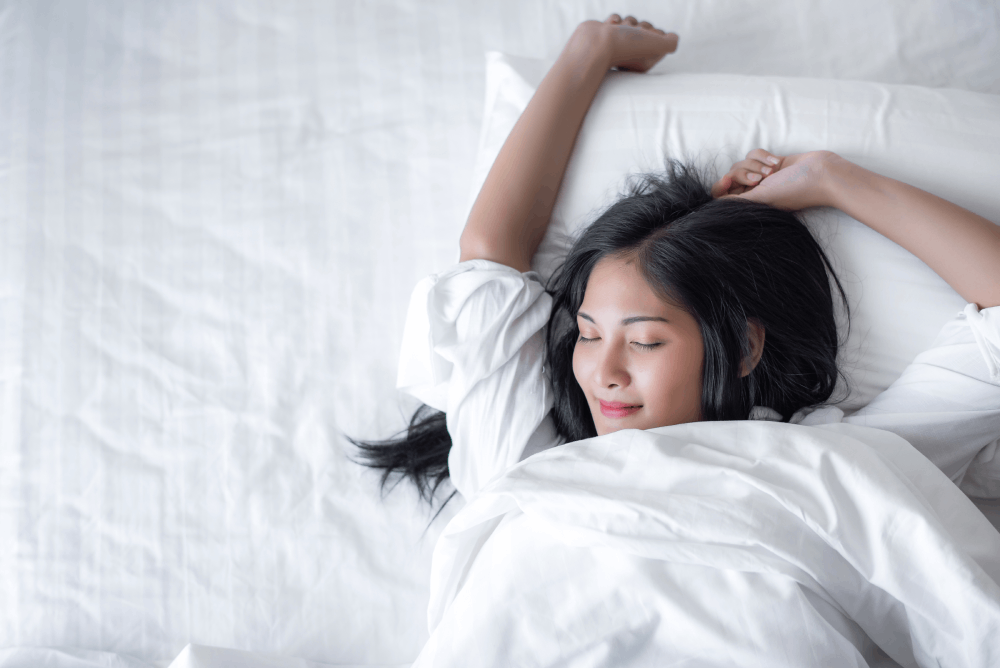Why is Sleep so Important for Your Health?
Scientists have discovered that even small disruptions in sleep have profound effects on human health. Sleep is the body’s way to recharge. All body functions slow down, and the nervous and muscular systems gradually relax, redistributing the load evenly throughout the body. All these processes require a certain amount of time.
How Much Sleep Do You Need?
Findings from clinical studies showed that an 8-hour sleep is considered the optimal time for restorative and rehabilitative efforts to complete each night. Many people might say that getting 6 hours of sleep is enough, but is it really? How long can you go on following this regime? How do you feel?
Scientists at the University of Pennsylvania in Philadelphia carried out an interesting experiment. Within 2 weeks, 48 participants slept for 4, 6, and 8 hours and one group stayed awake for several days. The results of the experiment were unexpected.
- Individuals who slept 4 hours started to feel bad on the first day of the study. Their condition had been getting worse with each subsequent day.
- Getting 6 hours of sleep did not make people feel tired or sleep-deprived. They stayed mentally active for up to 10 days. However, from the 11th day, their performance was equally low as in participants who stayed up for 2 days.
- The best results were seen in people who slept 8 hours.
The study confirmed that 6 hours of sleep is actually harmful. Since people do not get tired immediately, they gradually push their bodies to the limit. Eventually, sleep deprivation can lead to accidents, the development of a number of diseases, and symptoms of stress and depression.
Effects of Sleep Deprivation
Poor sleep quality may result in a weakened immune system and a decrease in insulin sensitivity which directly increase the risk of getting diabetes. Men develop an imbalance in the immune system due to insufficient sleep faster than women. Therefore, you should not work on something important after 11 p.m. since it causes serious health consequences.
Here are some additional facts about hormones. If we did not need sleep, we would eat nonstop. Leptin, known as an appetite-suppressing hormone, is produced only during sleep. Lack of sleep is associated with an increase in the hormone ghrelin, which stimulates hunger and appetite. As a result, the less we sleep, the more we want to eat.
Having less sleep can disrupt the normal functioning of your brain, decreasing logical perception, reaction time, mental processing speed, and overall well-being.
Tips to Fall Asleep Fast
Whatever your work schedule might be, try to make time to sleep. When you cannot catch up on sleep at once, do it several times. The body needs to replenish energy, while human organs and systems also require rest.
A growing number of scientists suggest that sleep is useful not only at night but also during the day. Studies have shown that people who take a 15-30 minute daytime nap at least three times a week have half the chance of developing cardiovascular diseases compared with those who neglect this opportunity.
- Prepare your body for sleep. If you have trouble falling asleep, take a walk and get some fresh air before going to bed. Also, you can drink special calming tea for sleep.
- Eating a big meal close to bedtime or going to bed on an empty stomach can disrupt your sleep. Therefore, wait at least 2 hours after you have eaten to go to bed. Try to avoid strong tea and coffee. It is recommended to drink a cup of green tea or milk instead.
- It is also important to know that exposure to natural and artificial lighting during sleep can accelerate the aging process and the development of cancer. Moreover, a healthy circadian rhythm regulates the special hormone melatonin, which is mainly produced at night. As people age, the body secretes less melatonin. This unique hormone helps to extend lifespan, leading to a reduction not only in the incidence of tumors but also in the risk of stroke, heart attack, and obesity. Based on these effects, scientists recommend turning off the lights at night (table and wall lamps, a working TV, etc.). And as for the white nights (a natural phenomenon of the North), blackout curtains or blinds will provide you with better sleep.
